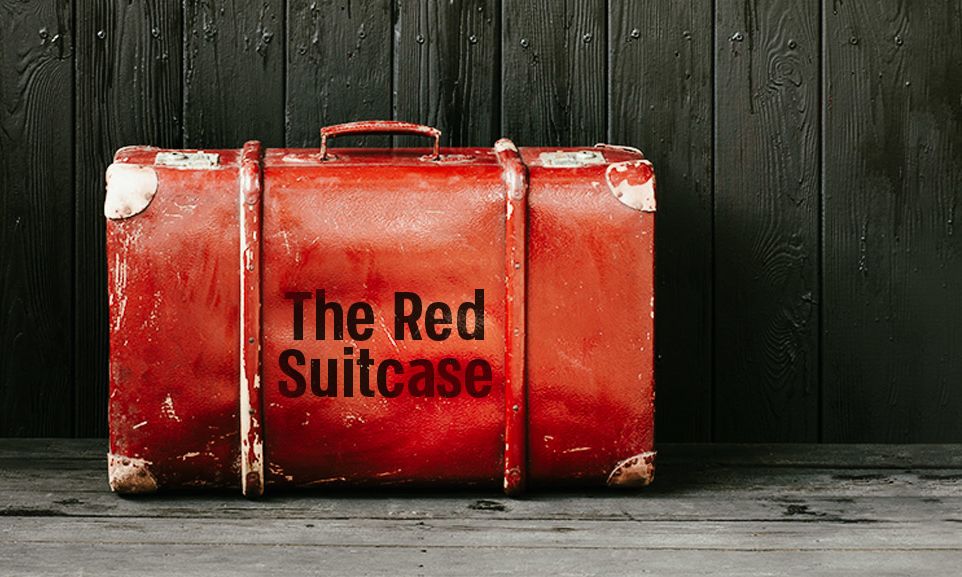
The Red Suitcase
On Purim we give charity to the poor. We have no idea of the power of charity. Read a true story of what resulted by giving to a destitute person...

The Megilla mentions (see Esther 9:22) three important mitzvot that we’re required to perform on Purim day – making a festive meal, exchanging gifts with our neighbors, and giving charity to the destitute. The first two mitzvot are easy to do, especially since we derive benefit from them. The third mitzvah is different, though. Purim reminds us to care for the poor with no expectation of remuneration in this world or in the next.
Fortunately, we get an annual reminder to do something for the destitute. It looks like we’re doing the giving, but the reality is exactly the opposite. We get a lot more back than what we give. And, the more selfless and dedicated the giving, the more we get back in huge proportions. In this respect, matanot l’evyonim – charity to the destitute, is really a magnificent gift to us.
Rashi explains (see Deut. 15:4) that an evyon, a destitute person, is even needier than an oni, a poor person. Whereas a poor person doesn’t have enough to make ends meet, a destitute person barely has anything at all. If we’re exacting in the language of the Megilla, we should really try to locate the person who lacks a roof over his head and do whatever we can help him, particularly with a gift of money.
Whether or not we’re aware, it’s really Hashem, our beloved and compassionate Father in Heaven, who is looking for an excuse to give us a miraculous gift.
We have no idea whatsoever about the power of charity to the destitute. Just recently, one of the very important Torah scholars in our Chut Shel Chesed Kollel, Rabbi Shimon Florentine, may Hashem bless him, told me the following miraculous story about what doing a favor for a destitute person did for him.
Rabbi Florentine was living quite far away from Jerusalem and learning in a local kollel. His wife, an outstanding lecturer, was traveling all over Israel spreading the teachings of Rabbi Shalom Arush to women. As staunch Breslevers and as pupils of Rav Shalom, the Florentines had a burning desire to be in Jerusalem so they could be in proximity with the Rav and be a part of his community. But, they could barely pay their monthly 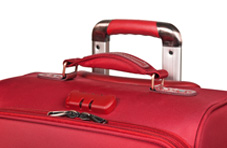 rent in the modest apartment they were renting, and Jerusalem rentals were at least three-times more. With the housing shortage in Israel, one has slim chances of finding a flat for rent at all in Jerusalem, and an affordable one at that! All the Florentines could have hoped for was to win the national lottery; an apartment in Jerusalem just did not seem to be a realistic goal.
rent in the modest apartment they were renting, and Jerusalem rentals were at least three-times more. With the housing shortage in Israel, one has slim chances of finding a flat for rent at all in Jerusalem, and an affordable one at that! All the Florentines could have hoped for was to win the national lottery; an apartment in Jerusalem just did not seem to be a realistic goal.
Realistic or not, they continued to pray to Hashem to help them move to Jerusalem. Outside of praying to Hashem, they didn’t discuss the matter anymore.
Elul rolled around. Rabbi Shimon took the money he had been saving all year long and was fortunate to book an inexpensive flight to the Ukraine so that he could spend Rosh Hashanah in Uman with the Breslever Chassidim.
With sundown before Rosh Hashanah only an hour away, Rabbi Shimon was already dressed in his holiday best and on the way to the Kloiz before minchah. A down-an-outer was sitting on a tattered red suitcase right in the middle of the sidewalk on Pushkina Street, the main road near Rebbe Nachman’s grave site. The poor guy with head-in-hands was sobbing like a baby. Rabbi Shimon walked over to him, gently put a hand on the poor man’s shoulder and asked, “Achi, my brother, what’s troubling you?”
The poor man looked up with blood-shot eyes, “It’s an hour until Rosh Hashanah. I barely made it here to Uman, to Rabbenu Nachman. But I don’t have any more than a few dollars in my pocket. The cheapest bed here is $150 – and that’s in a tent! I have nowhere to go, nowhere to sleep.”
Rabbi Shimon Florentine helped the man up and said, “What’s the problem? I’m in the Kloiz all day long and most of the night in Rosh Hashanah; I’m barely ever in my room. Here,” he gave the poor man the key to his room and told him the address, “go sleep in my bed. There’s a bag of food in the fridge with my name on it; take whatever you want. Don’t worry, I don’t sleep on Rosh Hashsanah anyway…”
The down-and-outer, totally recharged, thanked Rabbi Shimon profusely and ran with his tattered red suitcase in hand to prepare for Rosh Hashanah.
Six months passed. The Florentines barely thought about Jerusalem. Suddenly the phone rang.
“Rabbi Florentine? Do you remember me? I’m the person from Uman with the red suitcase…”
Rabbi Shimon was astounded. The caller continued. “I have this inheritance – a small apartment in Jerusalem in the Bet Yisroel area…” – only a stone’s throw from Rav Arush’s Chut Shel Chessed Yeshiva.
“…for some reason, I never rented it out…,” such an apartment could’ve been rented out fifty times over, for at least $850 a month.
“…do you have any desire to move to Jerusalem? I want you to live there. You can have my apartment rent-free for as long as you like. I know you’ll be learning Torah. I could see that you are a Torah scholar…”
Was this the destitute man with the red suitcase or Eliahu HaNavi, Elijah the Prophet? How does one react when a hand comes from Heaven to give them such a gift, out of the clear blue? Shimon explained to the man that he never expected anything in return.
“I know,” said the poor man. “That’s why I want you to have the use of my apartment!”
Our sages tell us that more than we do for the poor man by giving him charity, the poor man does for us. And in the case of the Florentine family, we see this first hand.
Don’t forget the poor on Purim. May Hashem give of our people Israel wherever they are a joyous and meaningful Purim, amen!


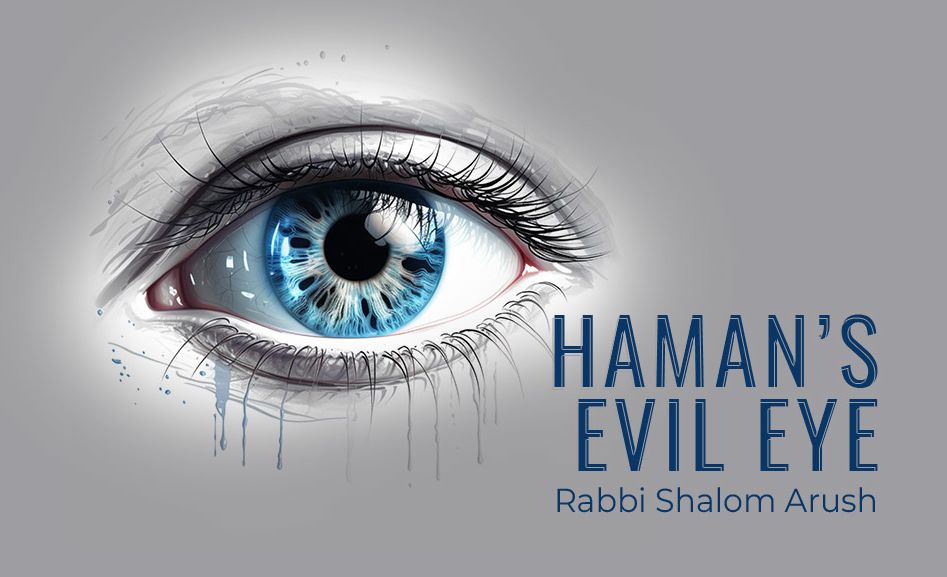

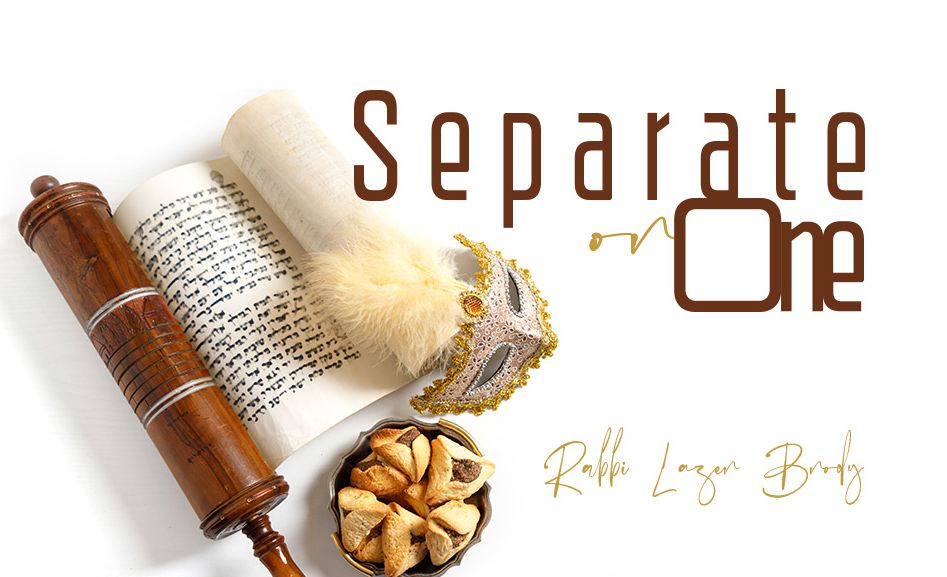
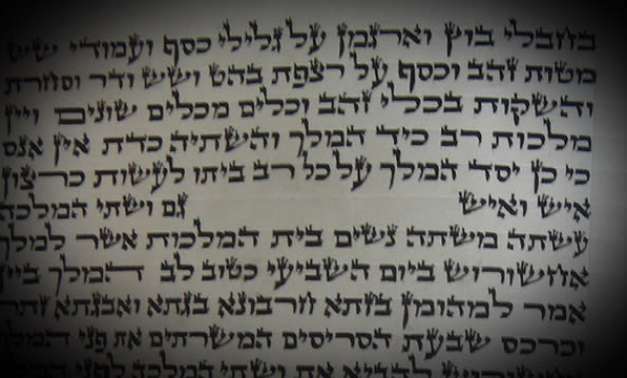
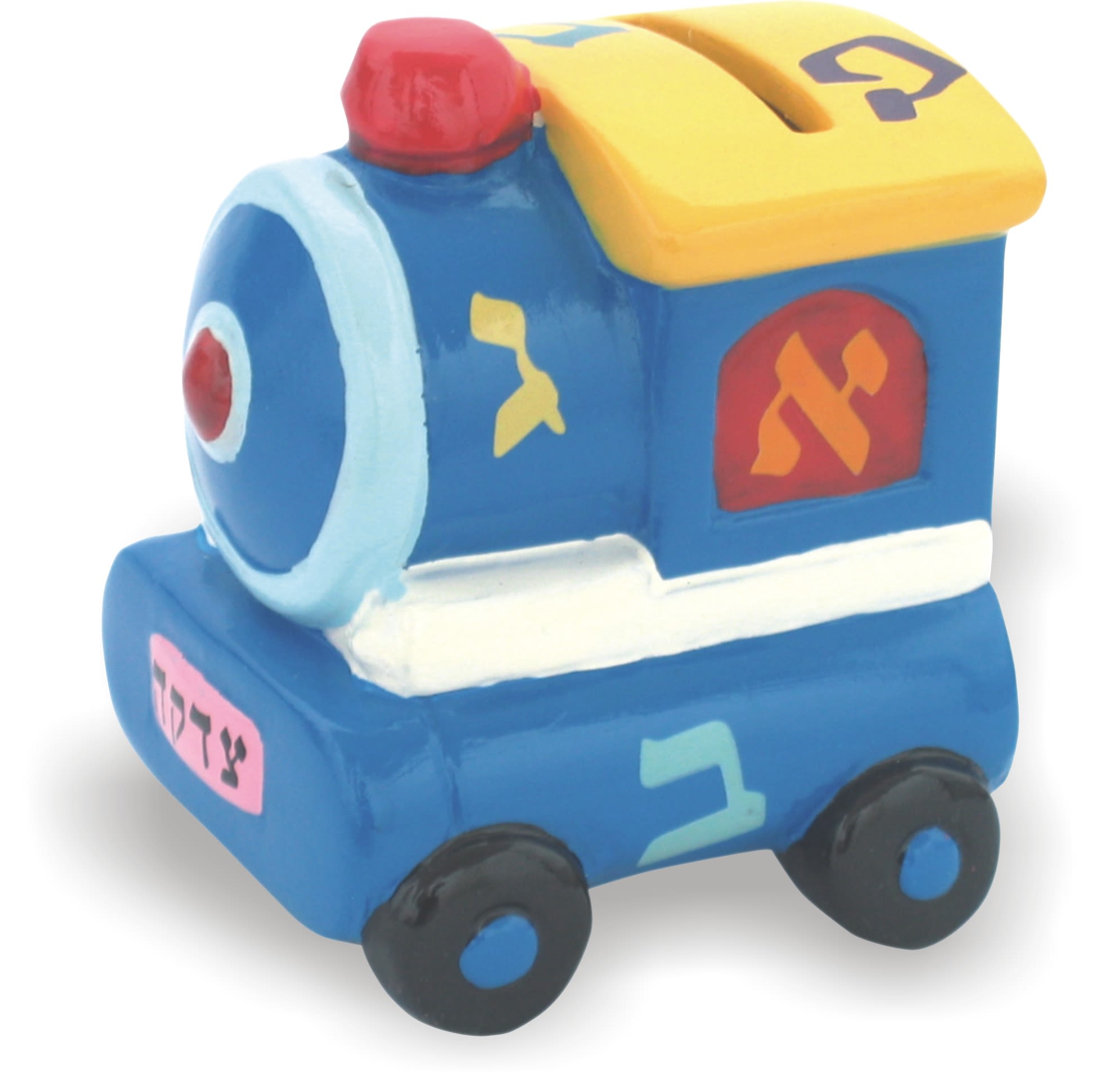
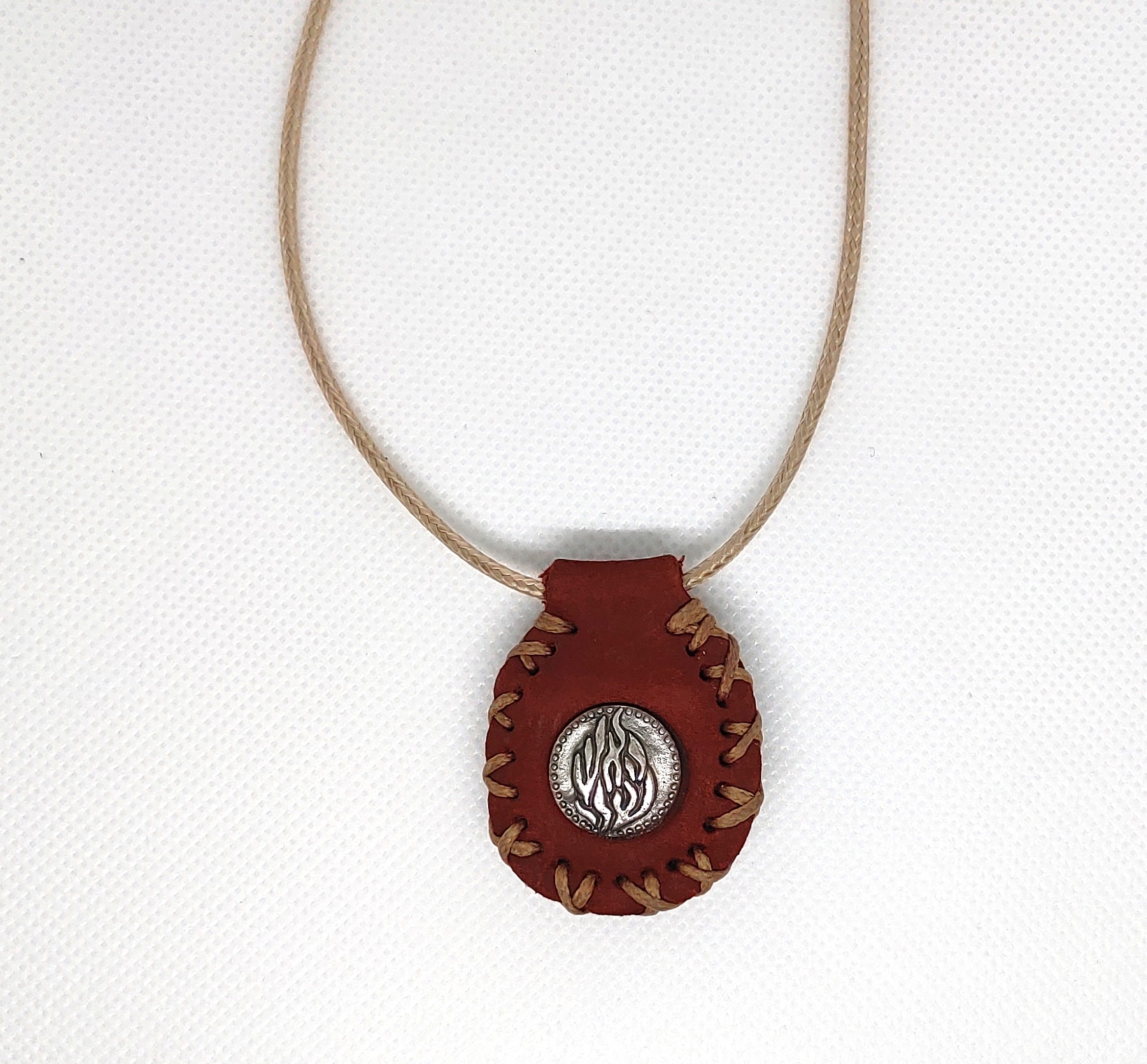
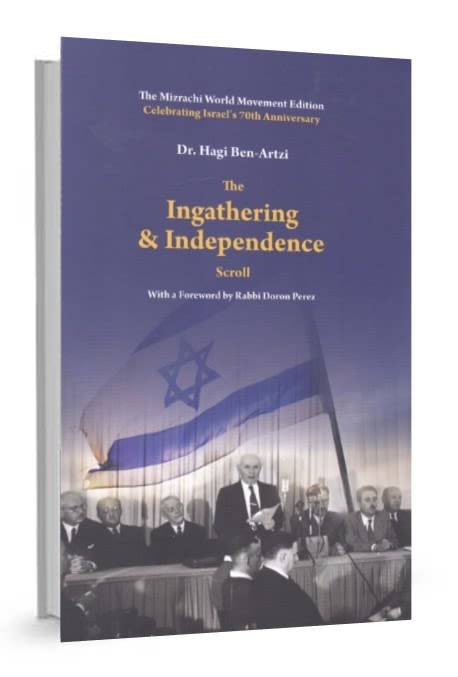
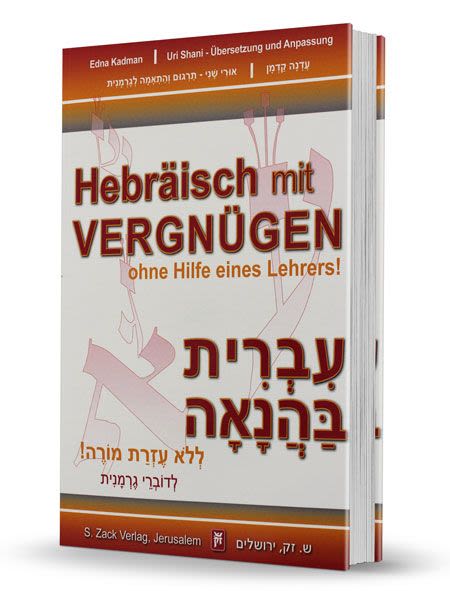

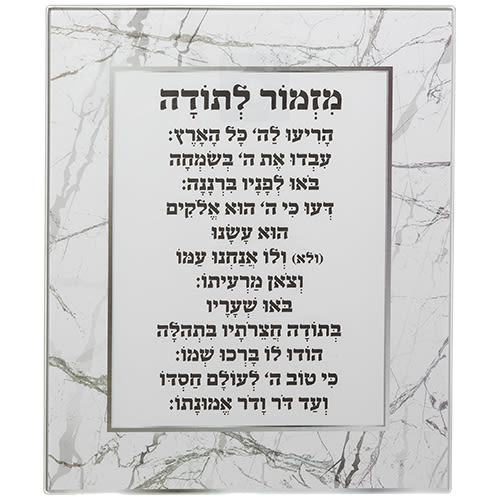
Tell us what you think!
Thank you for your comment!
It will be published after approval by the Editor.